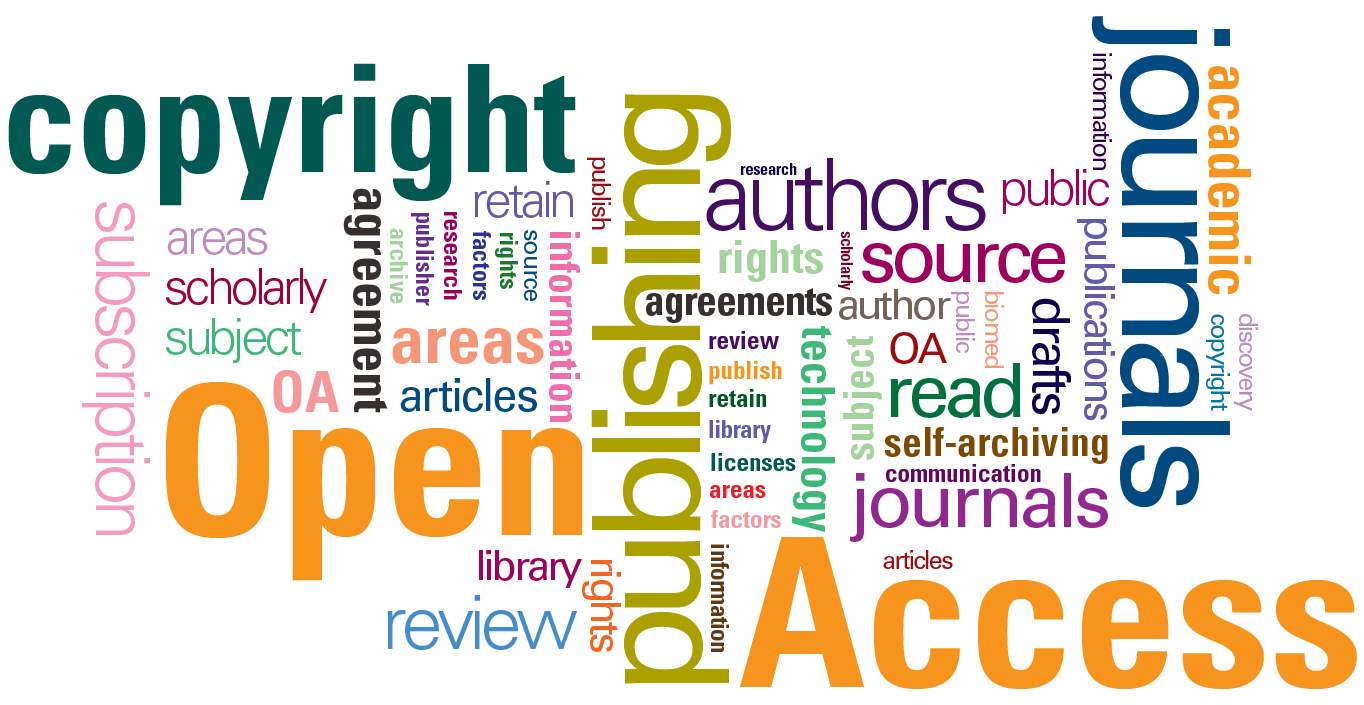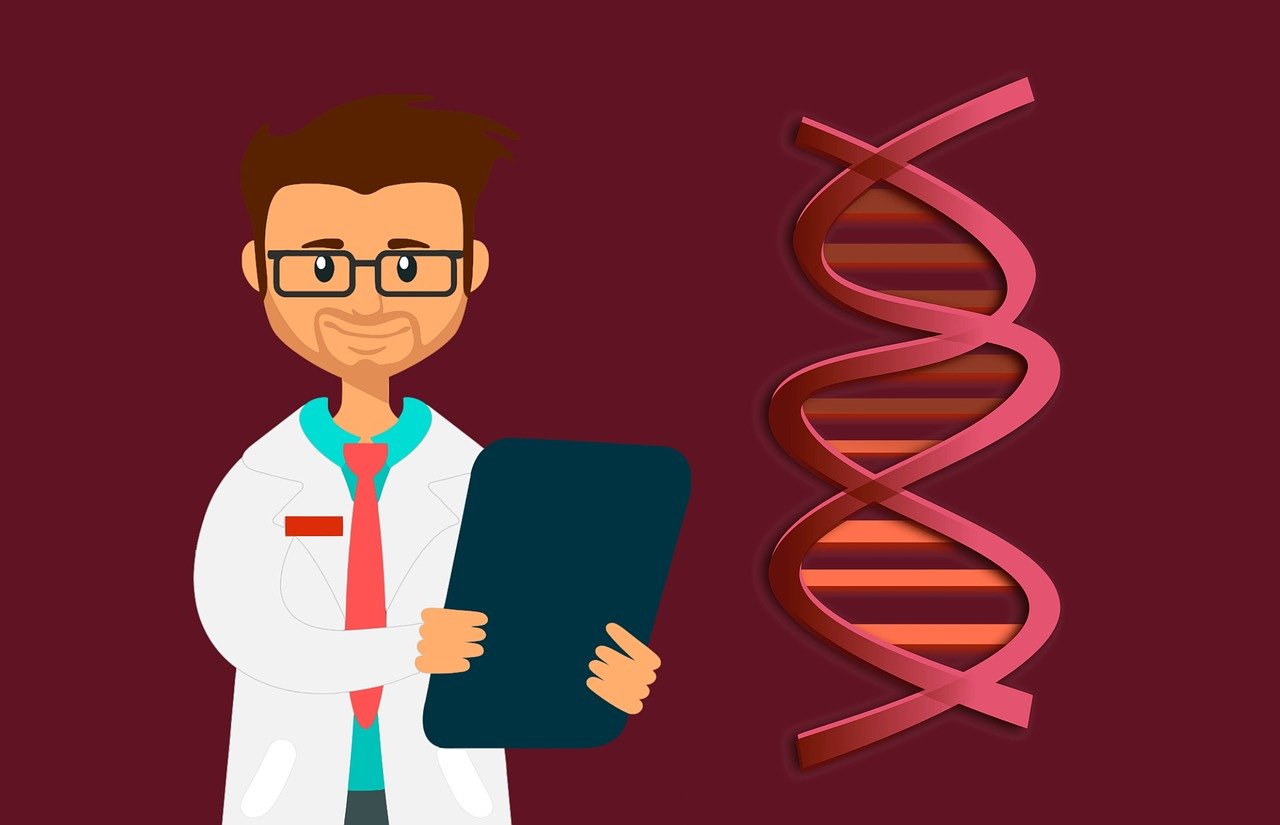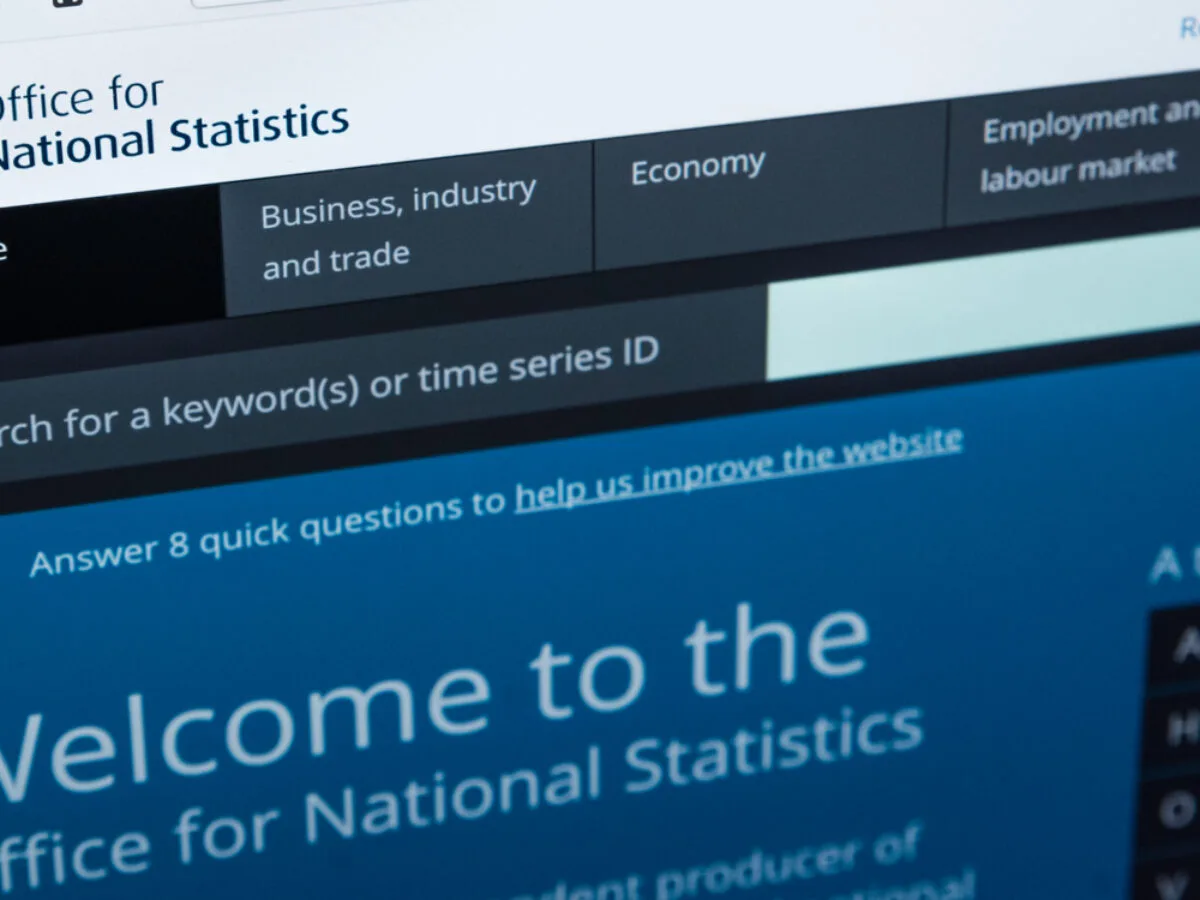In today’s data-driven world, the concept of open data has become increasingly important. Open data refers to the idea that certain data should be freely available to everyone to use and republish as they wish, without restrictions from copyright, patents, or other mechanisms of control. This openness fosters innovation, collaboration, and transparency across various sectors, including government, academia, and industry.
However, while the principle of open data is straightforward, the practical implementation requires careful consideration of legal and ethical issues, particularly regarding licensing. Licensing plays a crucial role in open data sharing, as it determines the terms and conditions under which the data can be used, modified, and redistributed. In this article, we’ll explore the significance of licenses in open data sharing and discuss different types of licenses commonly used in this context.
Importance of Licenses in Open Data Sharing Licenses serve as the legal framework for open data sharing, providing clarity and guidance on how individuals and organizations can use and share data while respecting the rights of data creators and contributors. Without proper licensing, open data initiatives risk ambiguity, confusion, and potential legal disputes.
Why licenses are essential in open data sharing
Clear Terms of Use
Licenses define the rights and responsibilities of both data creators and users. They specify what users are allowed to do with the data, such as copying, modifying, and redistributing it, and any conditions or limitations associated with these actions.
Legal Protection
By applying a license to their data, creators can protect their intellectual property rights and ensure that others cannot appropriate or misuse their work without permission. Likewise, users can rely on licenses to understand their legal obligations when using open data.
Promotion of Collaboration
Open data licenses facilitate collaboration and knowledge exchange by providing a framework for sharing and building upon existing data sets. They encourage participation from diverse stakeholders and promote innovation across various domains.
Community Standards
Over time, certain open data licenses have emerged as community standards, gaining widespread acceptance and adoption within the open data ecosystem. These standardized licenses simplify the process of sharing and using open data by providing a familiar and consistent set of terms and conditions.

Open Data and License - Source : google.com
Common Types of Open Data Licenses
Several types of licenses are used in open data sharing, each with its own characteristics, permissions, and requirements. While some licenses are more permissive, allowing for extensive use and redistribution of data, others impose certain restrictions to protect the interests of data creators. Here are some of the most commonly used open data licenses:
- Public Domain Dedication (CC0)
- Attribution (CC BY)
- ShareAlike (CC BY-SA)
- NonCommercial (CC BY-NC)
- NoDerivatives (CC BY-ND)
- Open Database License (ODbL)
Public Domain Dedication (CC0)
CC0 is the most permissive type of open data license, effectively placing the data into the public domain and waiving all copyright and related rights. Users can freely use, modify, and distribute the data for any purpose, without any restrictions or requirements for attribution. CC0 is ideal for maximizing the accessibility and usability of data, particularly for projects aiming for maximum openness and interoperability.
Attribution (CC BY)
CC BY requires users to give appropriate credit to the data creator when using or redistributing the data. While users are free to adapt, remix, and build upon the data for any purpose, they must acknowledge the original source. This license promotes transparency and recognition of contributors while still allowing for widespread use and sharing of data.
ShareAlike (CC BY-SA)
CC BY-SA is similar to CC BY but includes a “ShareAlike” provision, requiring derivative works to be licensed under the same terms. This ensures that any modifications or adaptations of the data must be shared with the same level of openness, preserving the integrity of the open data ecosystem. ShareAlike licenses encourage collaboration and prevent the privatization of open data through proprietary derivatives.
NonCommercial (CC BY-NC)
CC BY-NC allows users to use, adapt, and redistribute the data for non-commercial purposes only. Commercial use of the data is prohibited unless explicit permission is obtained from the data creator. This license balances the openness of data with the need to protect potential commercial interests, making it suitable for projects with non-commercial objectives.
NoDerivatives (CC BY-ND)
CC BY-ND permits users to freely use and redistribute the data but prohibits the creation of derivative works or modifications. Users must distribute the data without making any changes, ensuring that the integrity and authenticity of the original data are preserved. While restrictive in terms of adaptation, this license may be appropriate for datasets where maintaining data integrity is paramount.
Open Database License (ODbL)
ODbL is specifically designed for databases and requires users to share any adaptations or modifications of the database under the same license. It combines elements of attribution, share-alike, and other provisions to address the unique challenges of database licensing. ODbL aims to promote open data while protecting against the misappropriation or privatization of database contents.
The Need for Licenses in Open Data Sharing
While the principle of open data is straightforward, the practical implementation requires careful consideration of legal and ethical issues, particularly regarding licensing. Licenses serve as the legal framework for open data sharing, providing clarity and guidance on how individuals and organizations can use and share data while respecting the rights of data creators and contributors.
Ensuring Legal Clarity
Without proper licensing, open data initiatives risk ambiguity, confusion, and potential legal disputes. Licenses establish clear terms of use, defining the rights and responsibilities of both data creators and users. They specify what users are allowed to do with the data, such as copying, modifying, and redistributing it, and any conditions or limitations associated with these actions.
Protecting Intellectual Property Rights
Licenses also play a crucial role in protecting the intellectual property rights of data creators. By applying a license to their data, creators can safeguard their work from appropriation or misuse without permission. Likewise, users can rely on licenses to understand their legal obligations when using open data, thereby mitigating the risk of copyright infringement or other legal issues.
Understanding Copyright in Open Data
Copyright is a fundamental aspect of intellectual property law that governs the use and distribution of creative works, including data sets. While open data encourages the free sharing and dissemination of information, it does not mean that data is devoid of copyright protection. Data creators retain copyright over their original works unless explicitly stated otherwise.
Copyright Exceptions and Limitations
Certain jurisdictions provide exceptions and limitations to copyright law, allowing for the use of copyrighted works without the need for explicit permission under specific circumstances. For example, fair use/fair dealing provisions may permit the use of copyrighted data for purposes such as research, education, or criticism, depending on the jurisdiction and the nature of the use.
Public Domain and Creative Commons Licenses
Alternatively, data creators may choose to dedicate their works to the public domain or apply open licenses, such as those provided by Creative Commons (CC), to grant broader permissions for use and redistribution. These licenses, such as CC0 (Public Domain Dedication) or various CC BY (Attribution) licenses, enable data creators to waive certain rights and make their data more accessible to the public while retaining some level of control over its use.

Open Data and License - Source : google.com
How to Check the License of a Data Source
When accessing or using open data, it is essential to verify the license terms to ensure compliance with legal requirements and ethical standards. Here are some steps to check the license of a data source:
Review Metadata and Documentation
Many open data repositories provide metadata and documentation describing the data sets available, including information about the applicable license. Look for terms such as “license,” “copyright,” or “usage rights” to find details about how the data can be used and redistributed.
Consult the Data Provider’s Website
If the data source is hosted by a specific organization or institution, visit their website to find information about the data and its associated license. Look for dedicated pages or sections on data usage policies, terms of service, or licensing agreements.
Check for Licensing Statements or Tags
Some data files or datasets may include licensing statements or tags within the data itself, indicating the applicable license terms. Look for text or metadata fields specifying the license type, along with any additional conditions or requirements.
Contact the Data Provider
If the license terms are unclear or not readily available, consider reaching out to the data provider directly for clarification. Many organizations are willing to assist users in understanding their data policies and ensuring compliance with licensing requirements.
Use Licensing Tools and Databases
Several online tools and databases are available to help users identify and understand different types of open licenses. Platforms such as Creative Commons, Open Data Commons, or the SPDX License List provide resources and guidance on open licensing practices and terminology.
By following these steps and conducting due diligence, users can ensure that they are using open data responsibly and in accordance with the applicable license terms. Respecting licensing requirements not only avoids legal risks but also promotes trust, collaboration, and integrity within the open data community.
In the realm of open data sharing, licenses play a crucial role in promoting transparency, collaboration, and innovation while safeguarding the rights of data creators and users. By choosing the appropriate license for their data, creators can establish clear guidelines for its use and dissemination, fostering a vibrant and inclusive open data ecosystem.
Whether opting for a permissive license like CC0 to maximize accessibility or a more restrictive license like CC BY-ND to preserve data integrity, the choice of license should align with the goals and values of the data sharing initiative. Moreover, understanding the implications of different licenses is essential for both data creators and users to navigate the complexities of open data sharing responsibly and ethically.
As open data continues to evolve and expand, the role of licenses will remain pivotal in shaping the future of data-driven innovation and collaboration. By embracing open data principles and adopting appropriate licensing strategies, individuals, organizations, and societies can unlock the full potential of data as a valuable resource for positive change and progress.
Useful Resources
ONS Official Website | ONS UK Census Data | More about how ONS makes use of public data

 Will AI Replace Medical Coders?
Will AI Replace Medical Coders?